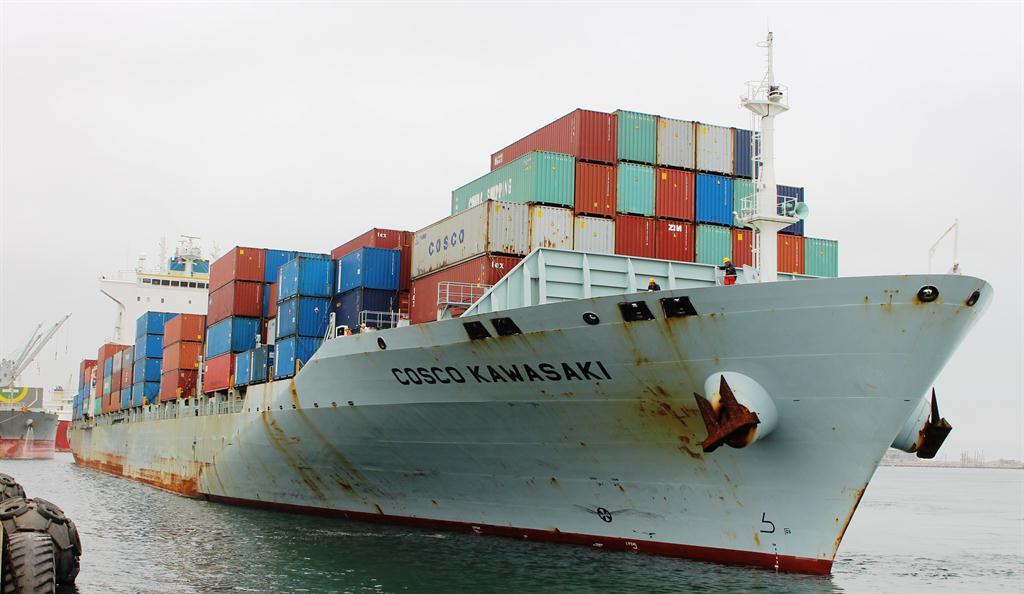Putting the money where the mouth is
It is concerning how industrialisation and trade seems to be sliding further down the list of priorities.
Phillepus Uusiku
Future allocation decisions will depend on the evolution of the coronavirus. Therefore, until a vaccine and treatment become available, health and related sectors will remain a priority, says the trade and economic policy analyst at Namibia Trade Forum, Claudia Capelao.
However, she adds that there are significant economic implications from this health crisis. Building the resilience that will enable us to survive negative externalities requires the enhancement and prioritisation of trade.
The tabling of the much anticipated 2020/2021 budget was delayed due to the coronavirus outbreak and was presented last week by the new finance minister Iipumbu Shiimi under the theme “Together defeating Covid-19, Together thriving again”.
Revenue and expenditure
Revenue and expenditure estimates for 2019/2020 were N$59 billion and N$67 billion respectively, bringing the fiscal deficit to N$8 billion or 47% of GDP while the public debt stood at 55% of GDP.
The budget projects a 6.6% contraction in economic growth hope for recovery of 1.1% come 2021/2022, she says.
Income tax which had been the highest contributor to total revenue even under the domestic recession is under consideration strain as Covid-19 worsens the unemployment situation.
The overall slowdown in economic activity also has negative implications for company profits and tax revenue derived from them.
As a consequence of the health crisis, quiet a number of businesses will require financial assistance from the state. Flattening global commodity demand foreshadows lower mining activity, thus compromising yet another major source
of revenue, she emphasised.
She pointed out that emergency expenditure due to the crisis include the emergency income grant, wage subsidies, VAT refunds, payment of overdue invoices by the state and higher allocation to the health and education ministries.
The public wage bill continues to exert upward pressure on the operational budget, which is nine times the development budget. It is noteworthy that the development budget is increasing by 10% while the operational budget grows by 6.4%, indicating the shifting of priorities, she said.
Trade
The trade and economic policy analyst however, warned that it is concerning how industrialisation and trade seems to be sliding further down the list of priorities.
Trade policy plays a fundamental role in promoting growth and development. Attracting investments, expanding the industrial base and promoting exports may not offer quick fix solutions to our economic plight but they do offer a sturdier foundation for our economy, she says.
Future allocation decisions will depend on the evolution of the coronavirus. Therefore, until a vaccine and treatment become available, health and related sectors will remain a priority, says the trade and economic policy analyst at Namibia Trade Forum, Claudia Capelao.
However, she adds that there are significant economic implications from this health crisis. Building the resilience that will enable us to survive negative externalities requires the enhancement and prioritisation of trade.
The tabling of the much anticipated 2020/2021 budget was delayed due to the coronavirus outbreak and was presented last week by the new finance minister Iipumbu Shiimi under the theme “Together defeating Covid-19, Together thriving again”.
Revenue and expenditure
Revenue and expenditure estimates for 2019/2020 were N$59 billion and N$67 billion respectively, bringing the fiscal deficit to N$8 billion or 47% of GDP while the public debt stood at 55% of GDP.
The budget projects a 6.6% contraction in economic growth hope for recovery of 1.1% come 2021/2022, she says.
Income tax which had been the highest contributor to total revenue even under the domestic recession is under consideration strain as Covid-19 worsens the unemployment situation.
The overall slowdown in economic activity also has negative implications for company profits and tax revenue derived from them.
As a consequence of the health crisis, quiet a number of businesses will require financial assistance from the state. Flattening global commodity demand foreshadows lower mining activity, thus compromising yet another major source
of revenue, she emphasised.
She pointed out that emergency expenditure due to the crisis include the emergency income grant, wage subsidies, VAT refunds, payment of overdue invoices by the state and higher allocation to the health and education ministries.
The public wage bill continues to exert upward pressure on the operational budget, which is nine times the development budget. It is noteworthy that the development budget is increasing by 10% while the operational budget grows by 6.4%, indicating the shifting of priorities, she said.
Trade
The trade and economic policy analyst however, warned that it is concerning how industrialisation and trade seems to be sliding further down the list of priorities.
Trade policy plays a fundamental role in promoting growth and development. Attracting investments, expanding the industrial base and promoting exports may not offer quick fix solutions to our economic plight but they do offer a sturdier foundation for our economy, she says.





Kommentaar
Republikein
Geen kommentaar is op hierdie artikel gelaat nie